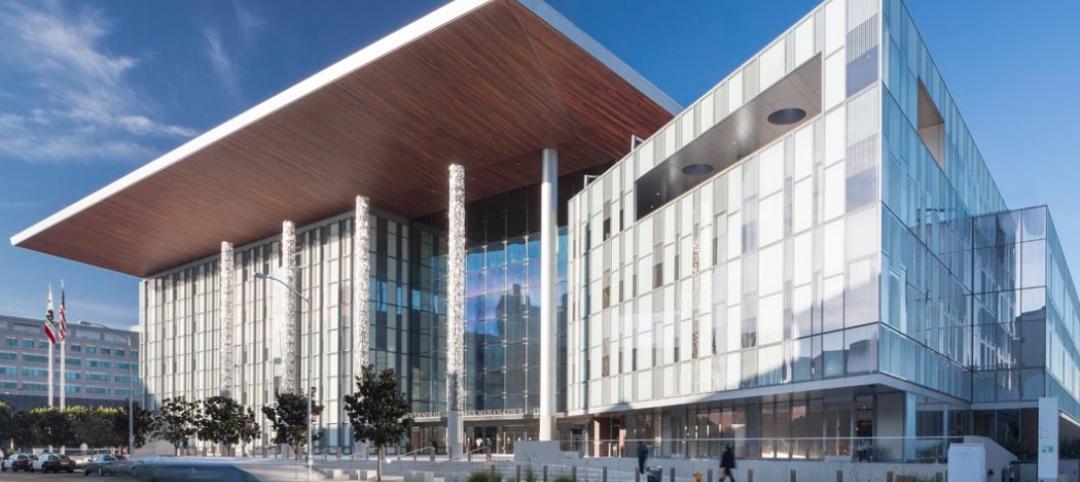Recent storms such as Hurricane Florence in the U.S. and Typhoon Mangkhut, which struck the Philippines and China, highlight the need for decentralized infrastructure, according to a recent Bloomberg article co-written by an energy analyst.
“On the basis of economics alone, the power systems of many countries will become highly decentralized in coming years,” the article says. By mid-century, more than a third of power-generation capacity in Japan will be customer-controlled in homes and businesses, the analyst asserts.
In Brazil, more than half of power generation will be in the control of private customers. If millions of small generators compensate for a small number of centralized failures, such decentralization would make electric systems more resilient.
While decentralization will grow based on the cost of energy, it will take government action as well. “Centralized decisions on things like building codes and flood zones can catalyze resilience,” the article says.
Related Stories
| Oct 24, 2014
International WELL Building Institute launches green building standard
The International WELL Building Institute has launched the WELL Building Standard Version 1.0, which focuses on enhancing people’s health and well-being through the built environment.
| Oct 24, 2014
Seattle's Bullitt Center influencing codes and public policy on sustainability
The Bullitt Center in Seattle, which some say is the world's most efficient office building is not only influencing how other structures are built, it is contributing to revisions of codes and public policy.
| Oct 16, 2014
U.S. military concerned about climate change putting bases at risk from floods
Among the challenges the armed forces may face is rising sea levels that could put Navy docks and other installations under water in places like Norfolk, Va., Honolulu, and other coastal locations.
| Oct 16, 2014
Fannie Mae releases white paper on energy performance of multifamily buildings
The least energy efficient multifamily property may be spending $165,000 more in annual energy costs than a similar property operating the most efficiently, according to a new white paper released by Fannie Mae.
| Oct 16, 2014
Energy Department sets green building standards for federal agencies
LEED Silver may be used, and in some instances, the Green Globes program may be substituted, according to a new regulation by the U.S. Department of Energy.
| Oct 16, 2014
New York City’s climate plan includes tripling of solar energy
New York City’s plan to cut greenhouse gas emissions by 80% by 2050 includes tripling the amount of solar power generated from city-owned buildings.
| Oct 15, 2014
Drones may soon assist code inspectors for construction in the UAE
The United Arab Emirates’ Ministry of Labour announced that they will start using drones to help inspectors record when construction sites are breaking laws.
| Oct 9, 2014
California authorizes increased use of design-build on state projects
Under the updated law, the Department of General Services and the Department of Corrections and Rehabilitation may use design-build on projects in excess of $1 million.
| Oct 9, 2014
New York City releases guide for retrofitting buildings against floods
Part of the city’s response to widespread flooding as a result of Hurricane Sandy, the manual offers retrofitting strategies that will enable property owners to reduce the risk of damage and disruption from coastal flooding.
| Oct 9, 2014
Seattle puts restrictions on micro apartments
The Seattle City Council passed new rules that new studio apartments in the city must measure at least 220 sf and contain at least two sinks.














